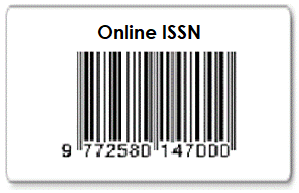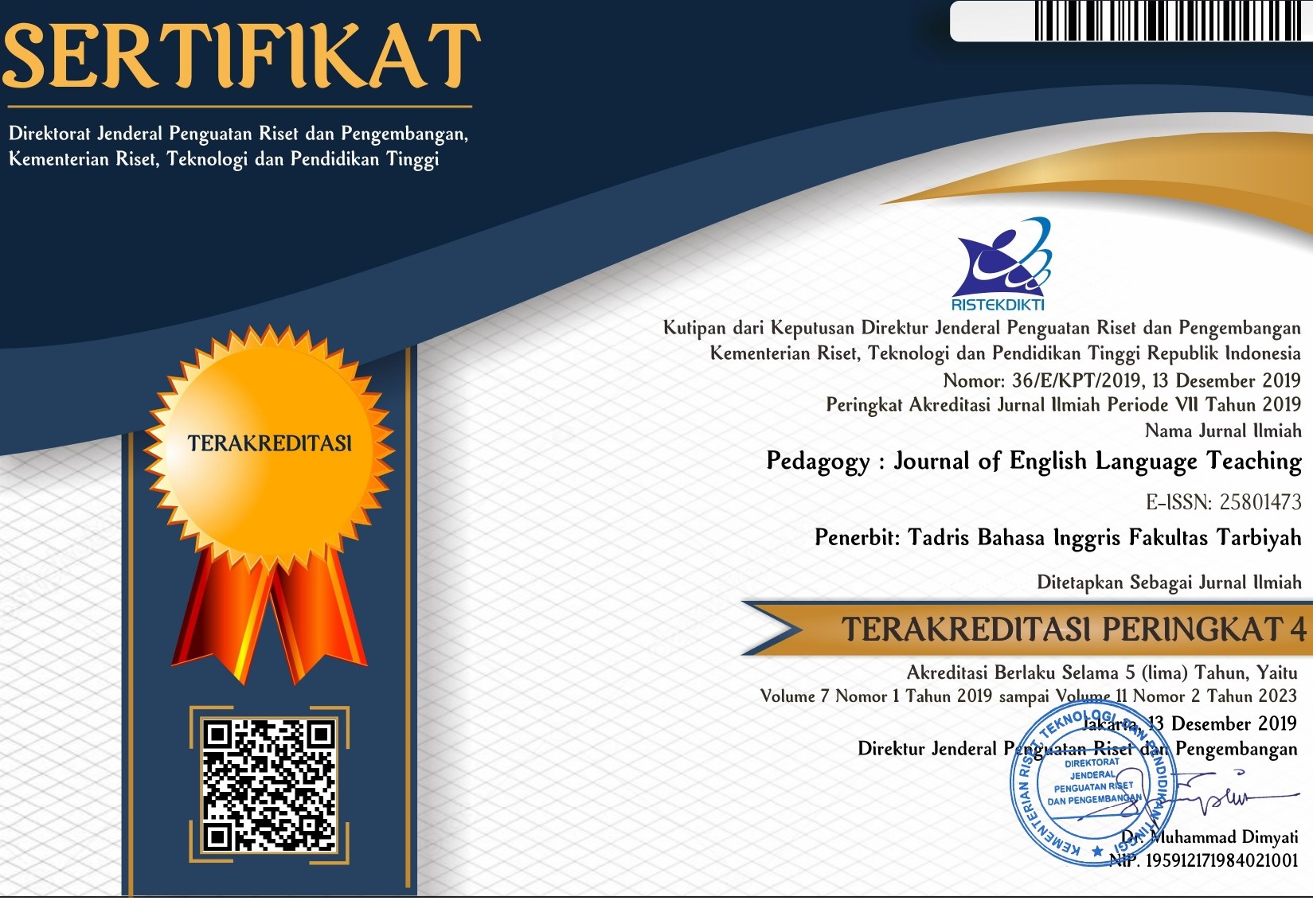In-Service EFL Teachers Engagement in Reflective Practice: What Tools do In-service Teachers Utilize to Reflect their Teaching?
DOI:
https://doi.org/10.32332/pedagogy.v8i1.1960Keywords:
Reflective practice, Reflective teaching tools, teacher professional developmentAbstract
As long-life learners, teachers should not stop learning and evaluating their teaching-learning process. One of the ways to evaluate or reflect a teacher’s teaching is by conducting reflective practice. Reflective practice or sometimes called reflective teaching is not a new concept. In the education field, reflective teaching has been enforced as a means to develop teacher professionalism. This study aims at reviewing some reflective practice tools utilized by in-service teachers in reflecting their classroom performance as an attempt to improve their teaching. Two in-service teachers with teaching experience ranging from 3-10 years are concerned with this research. Data gained through interviews. The data collected are compiled by applying Miles, Huberman, & Saldana’s (2014) interactive model data analysis. The results of data analysis reveal the individual differences among in-service teachers’ preference in doing reflection toward their teaching. The finding of this study leads in-service teachers to know kinds of tools used in reflective practice in their teaching-learning process to improve their teaching quality and learning outcomes.References
Downloads
Published
2020-06-02
Issue
Section
Articles
















